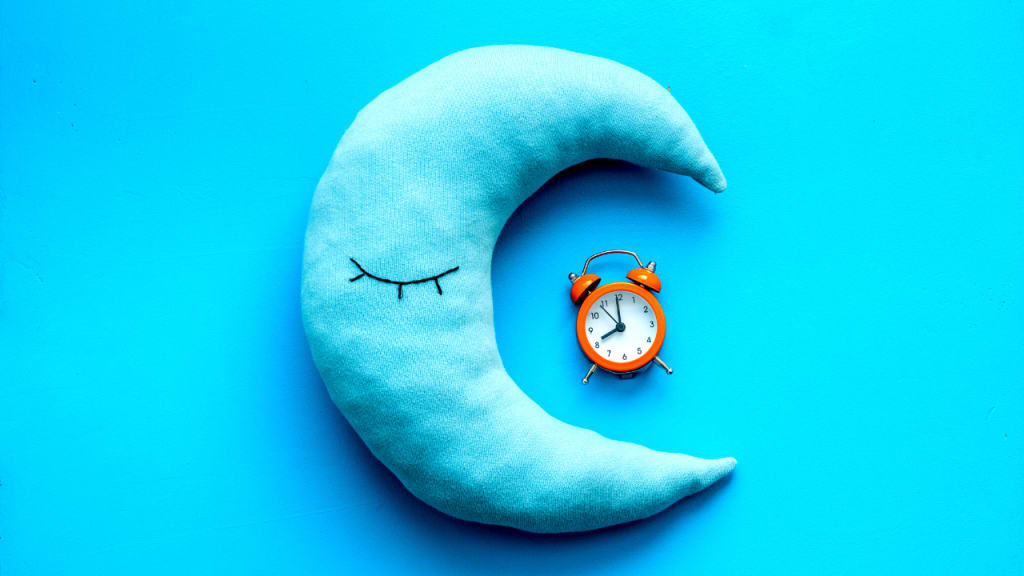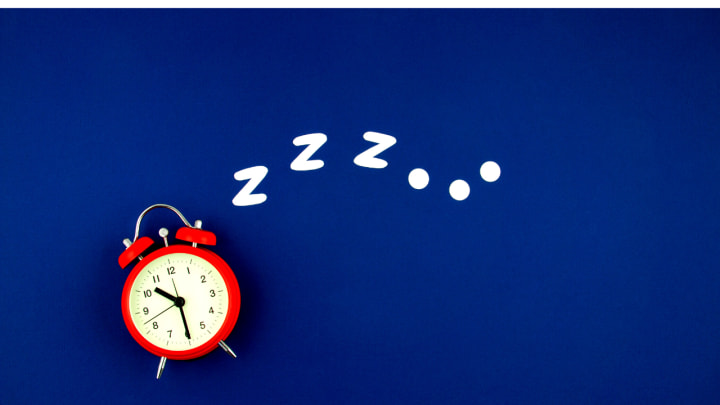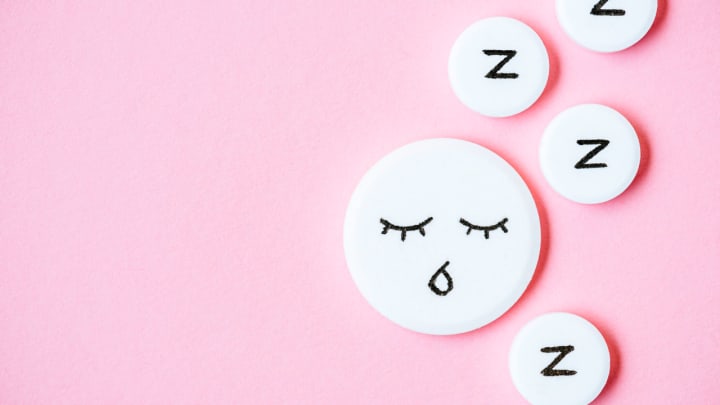Ideal Sleep Duration
How much sleep a person needs daily?

Have you ever felt rusty and inactive in the morning for no good reason? Chances are that you did not get a good night’s sleep, which can affect your output throughout the day. Yes, that is just how critical sleep can be, and it is only ideal that we strive to get sufficient sleep. One aspect of sleep that is crucial yet often overlooked is sleep duration.
Sleep duration is the average time allocated for sleep per day, and you must get as much sleep as your body deserves. This article will explain the ideal sleep duration for humans and why it is necessary to sleep sufficiently.
What is Sleep and Why is It Necessary?
As stated earlier, sleep is a vital part of human life and necessary for healthy living. Failure to sleep or have sufficient sleep can be pretty detrimental to general health. But before looking at why sleep is necessary, here’s a quick brief about “sleep.”
Sleep is a natural state of rest during which the body remains inactive, the eyes closed, the mind relaxed, and voluntary muscles become dormant. It is somewhat similar to a coma but relatively shorter and features some activities and a bit of consciousness.
Sleep is a naturally occurring phenomenon triggered by the release of melatonin, the hormone responsible for inducing sleep. However, the pineal gland in the brain deciphers when it is time to sleep and alerts the body to release the sleep hormones.
Different types of sleep occur in different stages, depending on the state of the body and mind. But one sure thing is that the body needs sufficient sleep, and here’s why.
Sleep is essential to keep the mind active and efficiently functional. You may not know this, but your brain needs sleep as much as the body, and lack of sleep can affect its functions.

Indeed, the brain does not sleep. In fact, it remains pretty active when we sleep, clearing junk and carrying out activities that make it sharper when you wake up. This is why your brain tends to be sharper after a good sleep.
Sleep deprivation is terrible and can cause several health problems, which means good sleep is also necessary to maintain good health. It is a no-brainer; lack of sleep affects our immune system as humans, while sufficient sleep helps strengthen it.
In fact, experts have identified lack of sleep to be a cause of heart and kidney-related diseases. However, proper sleep eliminates the risk of these infections and helps your body fight against common viruses.
Another reason why sleep is necessary is to help secure a good mood. As unlikely and unrelated as it may sound, good sleep is also very much capable of ensuring your emotions stay checked. Lack of sufficient sleep can make you lack focus and limits your control over your emotions and behaviors.
In short, lack of sleep leads to mood swings and poor relationships with others, while good sleep keeps you in control of your emotions all day long.
What is the Ideal Sleep Duration?
It has been established that adequate sleep is essential for physical and mental health. But the term “adequate” can be relative, leading people to adopt different sleep durations. Of course, excess sleep is not a healthy practice, which is why a balance is required to ensure your sleep is not too much or too little. It is called an ideal sleep duration, slightly different for each age group. This means that the ideal sleep time for children is not the same for adults.
You may have noticed that newborns spend about a third of the day sleeping. This is because the ideal sleep duration for babies under three months is between 14 – 17 hours daily. This duration takes a downward slope, and toddlers are known to have an ideal sleep time of 11 – 14 hours.
The ideal sleep duration for kids between the ages of 6 to 13 is over 10 hours, while teenagers are expected to sleep for about 8 – 10 hours daily. Younger adults between 18 – 50 have a similar ideal sleep time, typically around 7 – 9 hours, while older adults may only be able to manage 7 – 8 hours of good sleep.
Factors that Affect Sleep Duration
The importance of sufficient sleep is not debatable, as it is a very critical activity.
However, many people who wish for adequate sleep often fall short for many reasons. Since sleep is such a big deal, it is right to identify the causes of lack of sleep and tackle them promptly.

Here are some factors that can affect sleep duration.
- Sleep Disorder: Sleep disorder is the leading cause of sleep deprivation in children and adults. It refers to several problems that affect sleep quality, timing, and duration. These disorders include sleep apnea, insomnia, narcolepsy, restless leg syndrome, etc.
- Health Issues: Sleep deprivation can be associated with several diagnosable illnesses and health conditions. People with these conditions may find it challenging to fall asleep or maintain a healthy sleep duration, which leads to more health conditions. Common illnesses affecting sleep duration include schizophrenia, stroke, Alzheimer’s disease, cancer, etc.
- Aging: Naturally, older adults above 60 years have a lower ideal sleep duration, which means that aging affects sleep time. However, other factors like medications and health problems can combine to see them have slightly less sleep time than expected.
How to Improve Sleep Time
Sleep deprivation is a severe condition that can duly affect general health and lifestyle, and it is only ideal that we find a way to overcome this condition. Here are some expert ways to improve sleep times.
- Create a Sleep Routine: Creating a healthy sleep routine and sticking to it will undoubtedly help improve the amount of sleep you get. This routine should include a timetable that shows when and how long you must sleep daily.
- Choose a Serene Environment: Lack of sleep can be associated with disturbances like noise and excess activities. Hence, you will be better off creating or adopting a peaceful environment for sleep. This environment will make it a lot easier for you to fall asleep and reduce the disturbance that can interrupt your sleep.
- Exercising: Physical activities like workouts and exercises can significantly improve sleep time and quality in adults. These physical activities can tire you out and set your body up for a good sleep time. However, you are advised to keep these activities about 1 – 2 hours before sleep so the endorphins can be washed out. Also, you may need to utilize knee and back braces while exercising to avoid Injuries that can hamper quality sleep.

Conclusion
Sleep is a naturally occurring activity that the body needs to function effectively. Sleep deprivation or lack of sufficient sleep can lead to severe consequences that affect general health.
So it is only fitting to adopt a good sleep routine, and this article has explained the ideal sleep duration.






Comments
There are no comments for this story
Be the first to respond and start the conversation.